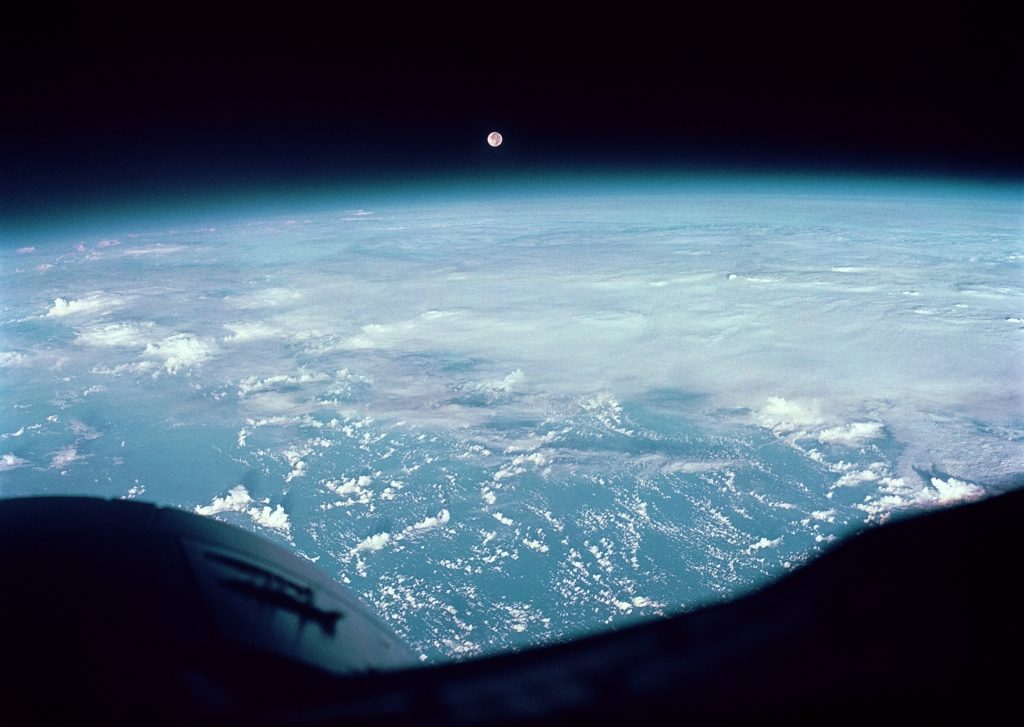Orbital Assembly and LEOCloud polish plans to extend edge computing to space

As if there haven’t been enough ambitious satellite announcements in 2021, LEOCloud and Orbital Assembly have taken things one step further by proposing public cloud edge computing services in space.
Orbital Assembly is building, or rather has plans to build, Gravity Ring, which seems to be a sort of private space station, and researchers and enterprises onboard will be able to run applications locally using LEOcloud, using for example a hybrid platform like Red Hat OpenShift. The two partners also say cloud users onboard Gravity RIng will be able to work seamlessly with colleagues on earth.
An illustration of Orbital Assembly’s Gravity Ring
Source: Orbital Assembly
Orbital Assembly’s CEO and founder plans to build several space stations as well as some highly specialized space drones to service the orbiting platforms. Orbital says it will need to raise $60bn to operate its first space station by 2025.
Ashburn, Virginia-based LEOCLoud is a start-up launched in February and designed to bring edge computing to space. It has already notched up a number of partnerships with Leaf Space, Exodus Orbital and Ramon.space. Ramon.space has recently raised $17.5mn in Series A funding to help develop super-computing systems designed to operate in space.
Article Topics
edge computing | LEO satellite | LEOCloud | Orbital Assembly | space station | space tourism





Comments